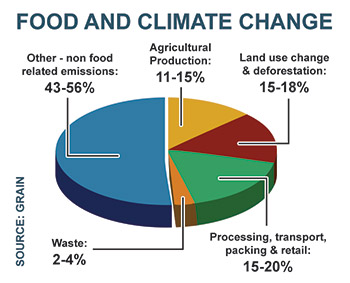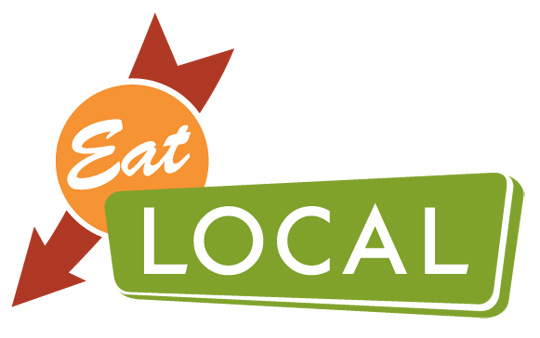LARRY T Sorry folks. This interview has both typing in the background and I couldn’t split the tracks and no show notes. On the flip…

Local food

David discusses the diet of indigenous people on the prairies before and after the invasion of Europeans with Philip Brass, a member of Peepeekisis First…
Providing high-quality food for your family year-round takes foresight and planning, plus healthy doses of commitment and follow-through. Whether you grow as much of your…

Peter Henry is the sales and Marketing Manager for Consider Bardwell Farm, a three hundred acre dairy farm in West Pawlet, Vermont. Peter is responsible…

Lucy Marston is the Field Vegetable and CSA Manager at Hawthorne Valley Farm – a 400-acre certified biodynamic farm in the Hudson Valley. She grows…

More Americans than ever before are supporting their local food markets, and it's not just because they believe the food is fresher and tastes better.…

Cuba is a global exemplar of organic, agroecological farming, taking place on broad swathes of land in and around its cities, write Julia Wright &…

Record-breaking heat waves, long-term drought, “100-year floods” in consecutive years, and increasingly extreme superstorms are becoming the new normal. The planet is now facing an…

Strolling of the Heifers has released the 2015 Locavore Index, which ranks the 50 states (and DC) in terms of their commitment to local foods. This is the fourth year…

You wouldn’t think that free-trade deals could lead to a diabetes and obesity epidemic, but they have. Today, many countries in the global south are…

The other day, I was cleaning out my freezer and something magical happened. Not only did I get a nice, organized freezer, but I realized…
For several years now, transnational food companies have understood that their main growth markets are in the South. To increase their profits they need to…
